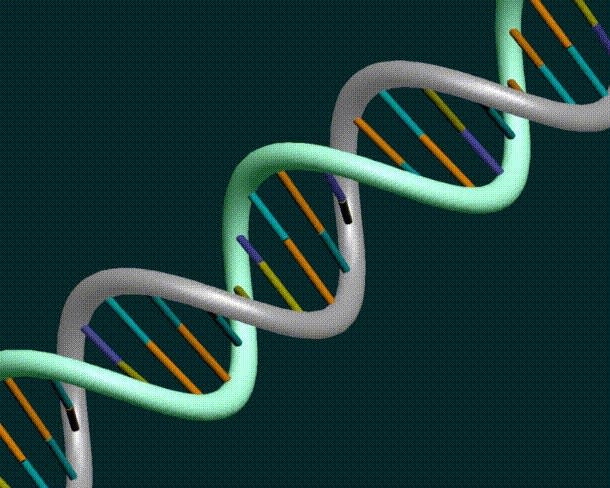Complicating Constructions: Race, Ethnicity, Hybridity in American TextsPosted in Anthologies, Books, Literary/Artistic Criticism, Media Archive, United States on 2013-10-01 01:18Z by Steven |
Complicating Constructions: Race, Ethnicity, Hybridity in American Texts
University of Washington Press
2007-06-15
352 pages
notes, bibliog., index
6 x 9 in.
Paperback ISBN: 9780295988351
Hardcover ISBN-10: 0295986816; ISBN-13: 978-0295986814
eBook ISBN: 9780295800745
Edited by
David S. Goldstein, Senior Lecturer, School of Interdisciplinary Arts and Sciences
University of Washington, Bothell
Audrey B. Thacker, Lecturer in English
California State University, Northridge
This volume of collected essays offers truly multiethnic, historically comparative, and meta-theoretical readings of the literature and culture of the United States. Covering works by a diverse set of American authors—from Toni Morrison to Bret Harte—these essays provide a vital supplement to the critical literary canon, mapping a newly variegated terrain that refuses the distinction between “ethnic” and “nonethnic” literatures.
Other contributors include Jesse Alemán, Ariel Balter, Olivia Castellano, AnnaMarie Christiansen, Georgina Dodge, Tracy Floreani, Joe Lockard, Edwin J. McAllister, Sheree Meyer, William Over, Jeffrey F. L. Partridge, Chauncey Ridley, Derek Parker Royal, Alexander W. Schultheis, Andrea Tinnenmeyer, and Jose L. Torres-Padilla.
Contents
- Contents
- Acknowledgments
- Introduction
- I. Re-Constructing Race and Ethnicity: Identity Imposed or Adopted
- 1. Citizenship Rights and Colonial Whites: The Cultural Work of Maria Amparo Ruiz de Burton’s Novels
- 2. Testifying Bodies: Citizenship Debates in Bret Harte’s Gabriel Conroy
- 3. The Color of Money in The Autobiography of an Ex-Colored Man
- 4. Passing as the “Tragic” Mulatto: Constructions of Hybridity in Toni Morrison’s Novels
- 5. Re-Viewing the Literary Chinatown: Multicultural Hybridity in Gish Jen’s Mona in the Promised Land
- 6. Reading The Turner Diaries: Jewish Blackness, Judaized Blacks, and Head-Body Race Paradigms
- II. Re-Contextualizing Race and Ethnicity: Texts in Historical and Political Perspective
- 7. Smallpox, Opium, and Invasion: Chines Invasion, White Guilt, and Native American Displacement in Late Nineteenth- and Early Twentieth-Century American Fiction
- 8. Visualizing Race in American Immigrant Autobiography
- 9. Maud Martha vs. I Love Lucy: Taking on the Postwar Consumer Fantasy
- III. Re-Considering Race and Ethnicity: Meta-Issues in Theory and Criticism
- 10. Some Do, Some Don’t: Whiteness Theory and the Treatment of Race in African American Drama
- 11. Traumatic Legacy in Darryl Pinckney’s High Cotton
- 12. Portnoy’s Neglected Siblings: A Case for Postmodern Jewish American Literary Studies
- 13. Tension, Conversation, and Collectivity: Examining the Space of Double-Consciousness in the Search for Shared Knowledge
- 14. When Hybridity Doesn’t Resist: Giannina Braschi’s Yo-Yo Boing!
- Contributors
- Index

